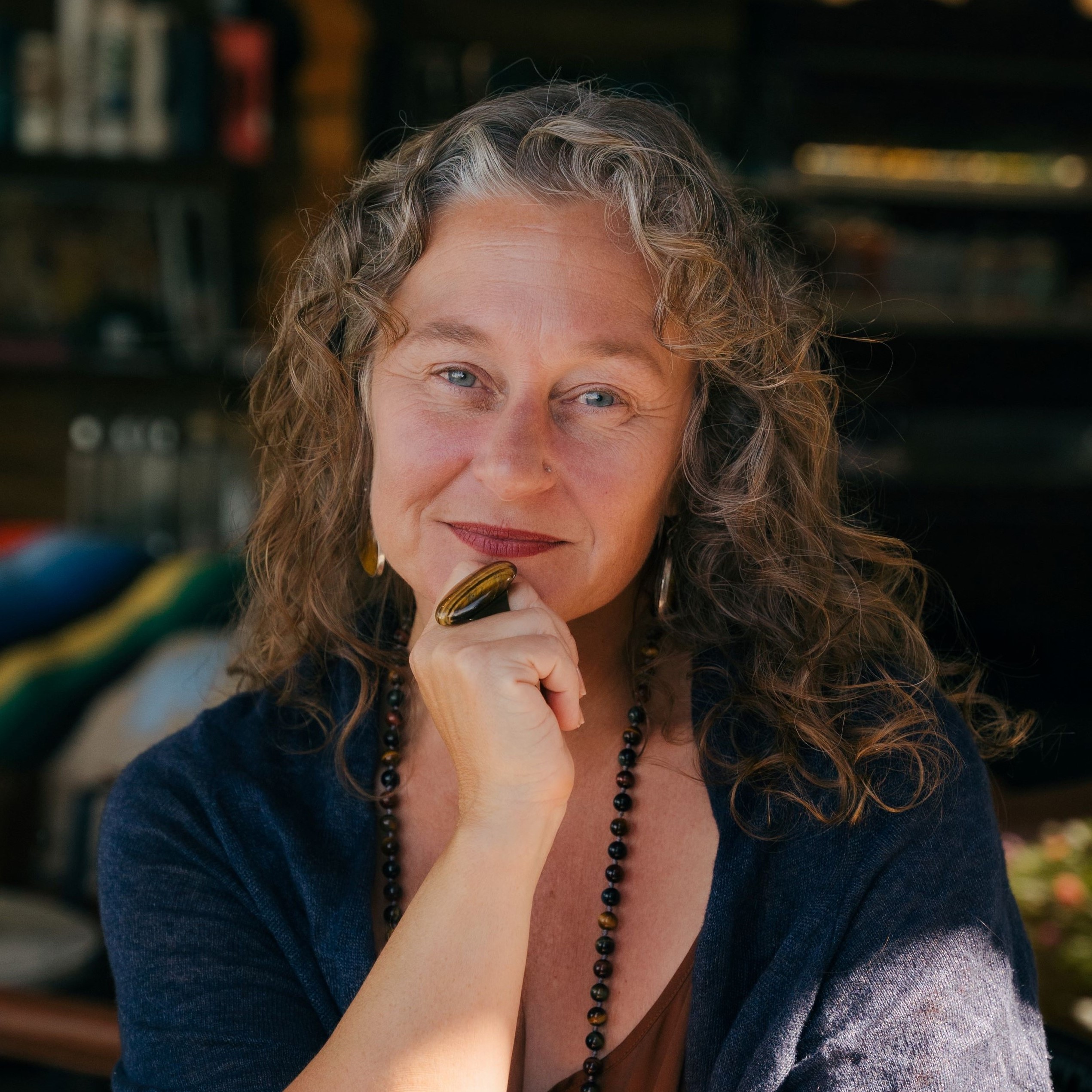Reimagine and Build a More Equitable Workplace Culture
Last updated April 30, 2021Course Length
1h 32m
Last Updated
April 30, 2021

Reimagine and Build a More Equitable Workplace Culture
Last updated April 30, 2021Table of Contents
Cultivate a workplace that centers on faculty and staff equity, health, and wellness.
Overview
Academic leaders spent most of 2020 pivoting and responding to emergent needs. As the dust settles, with reopening on the horizon, it is now time to stop pivoting and start building for a more sustainable future. Instead of reacting to issues surrounding wellness and equity, we can now rebuild a workplace community that deliberately centers faculty and staff equity, health, and wellness.
In this workshop you will learn how the University of Denver Graduate School of Social Work conducted a wellness check with their faculty and staff to reimagine their operations, academic affairs, and external engagements to foster equity, health, and wellness. Using their case study, you will consider what is unique to your context, discipline, and divisional structure and then begin to draft steps for a ground-up evaluation to learn more about your team’s needs. We will explore the scaffolding needed to reach your aspirational state, and our expert Dr. Amanda McBride, Dean of the Graduate School of Social Work at University of Denver will share some of the possibilities and best practices from her experience.
Who should attend?
This training is best suited for Deans and Chairs who want to envision a more sustainable work environment grounded in equity, health, and wellness for their faculty and staff. Provosts, faculty affairs, and other senior leaders in academic affairs will also benefit.
Agenda
1:00 – 3:00 p.m. Eastern
Part I: Research and Envisioning
You will learn how to perform a wellness check and gather the data you need to envision a more sustainable work culture. While reflecting on the context of your own discipline and unit, we will explore the following questions:
- What is the value of ground-up data from your faculty and staff?
- What are the right questions? Who is the right audience?
- What if we ask for their input and cannot deliver?
Part I: Research and Envisioning
- Operations: Meetings, formats, and flexible schedules.
- Academic affairs: Curriculum, internships, and course work.
- External engagements: Speaker events, continuing education, and alumni engagement.
Tagged In
$595

Amanda Moore McBride, Ph.D.
Professor and Dean Emerita of the Graduate School of Social Work at the University of Denver, Academic Impressions Coach

